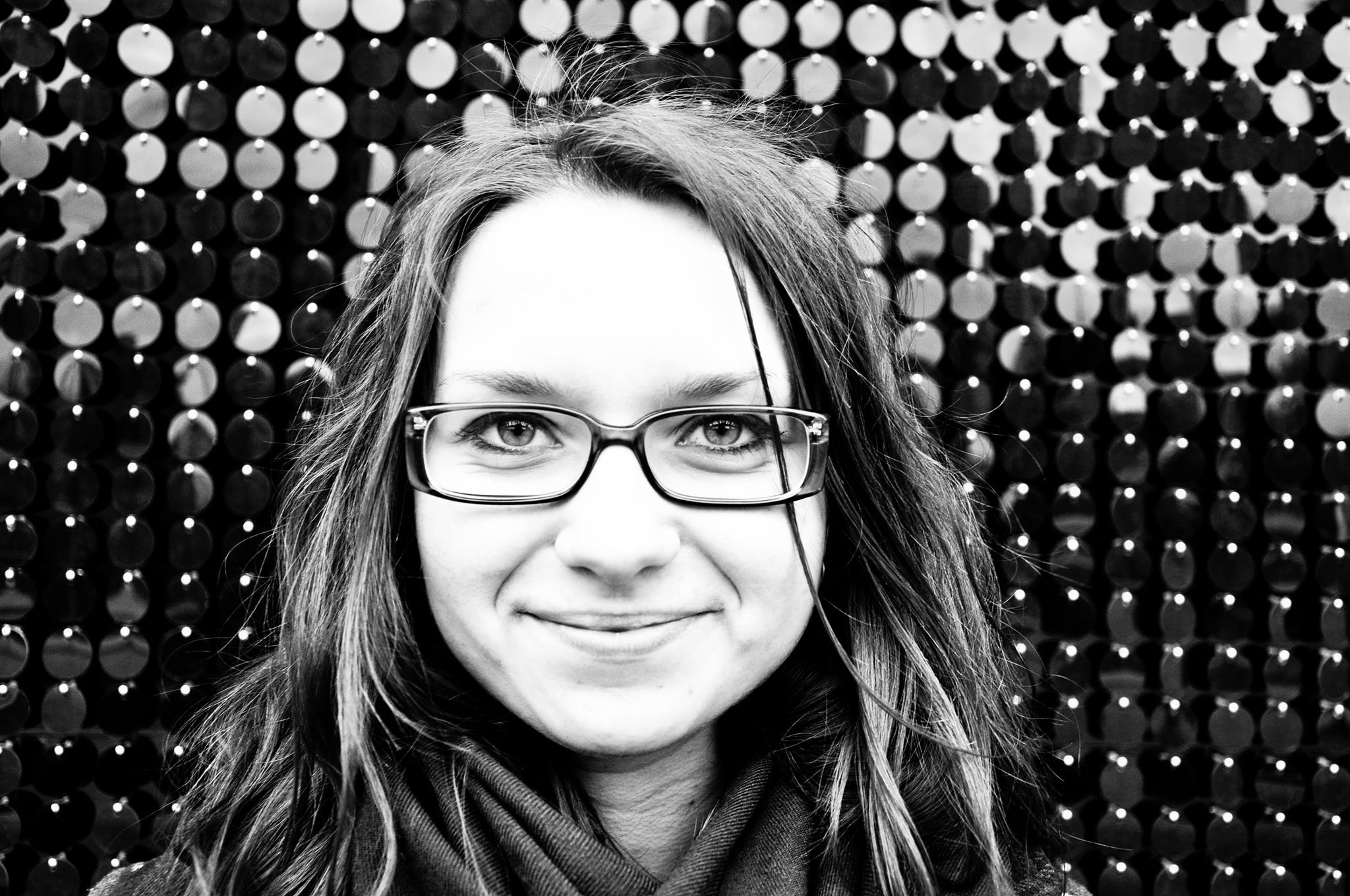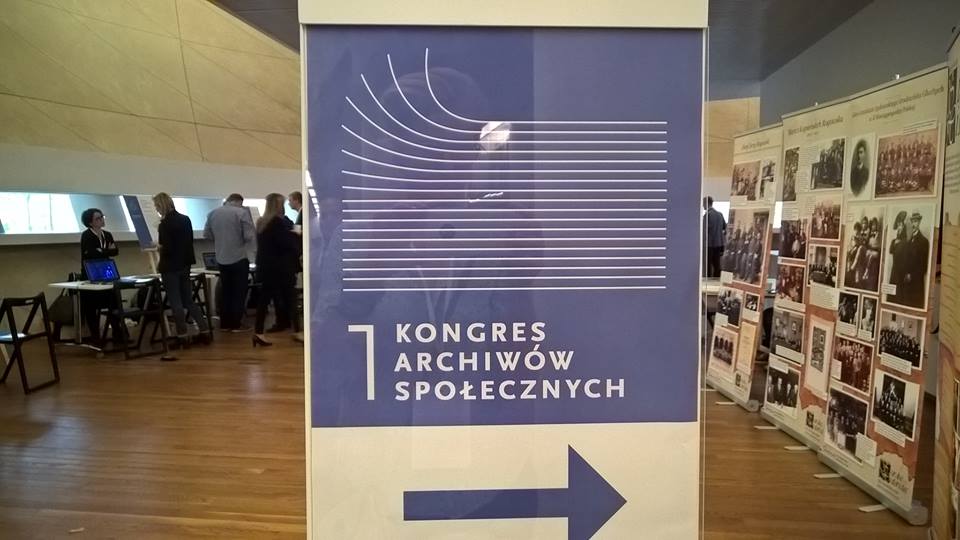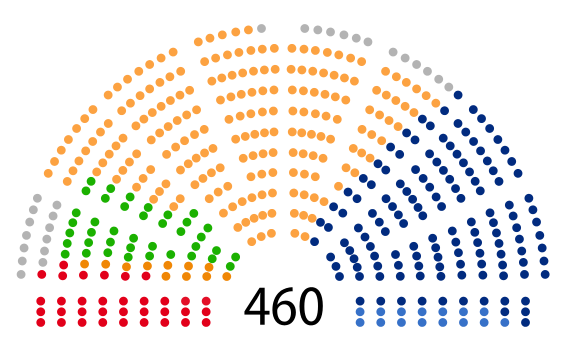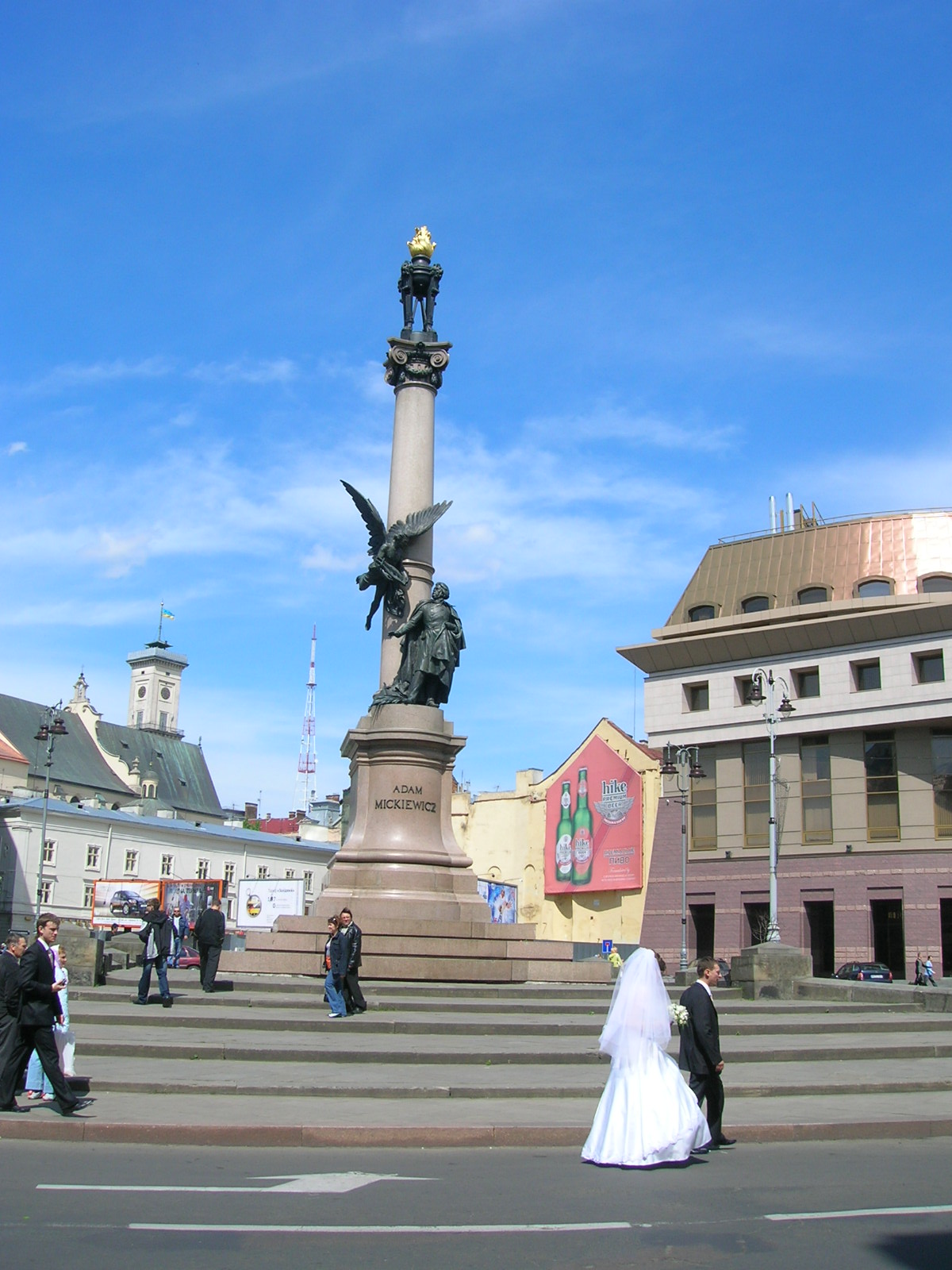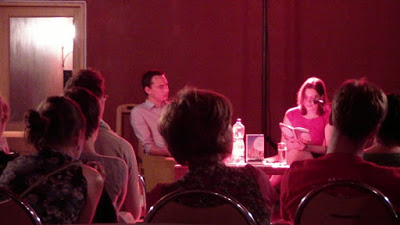Since 2003 activists in fields of cultural, language and civic exchange in East Central Europe, which are members of an association MitOst, meet annualy – each time in a different city – and develop themselves in different topics. Get to know MitOst here: www.mitost.org.
And read here a diary from the 13th International MitOst Festival written by Olga Konovalova:
„An old green train #115O that passes daily through Lviv and goes to Ivano-Frankivsk, or Stanislau (an old name of the city which I like more). It goes slowly without stops through the villages, endless picturesque fields and dense forests as it gives time specially for enjoying the landscape. The train has its typical knock sound which I missed in European trains. I ask the train conductor to bring me glass of tea in metal glass-holder, which is possible to find only in trains of post-soviet countries. I was drinking sourse by source the tea, enjoying the landscape and thinking what is waiting on me at MitOst festival. I was going without any expectations or knowledge what is going to happen and looking forward to discover the city, the festival and organization itself. Continue reading „A diary from the 13th MitOst Festival [Olga Konovalova]”
